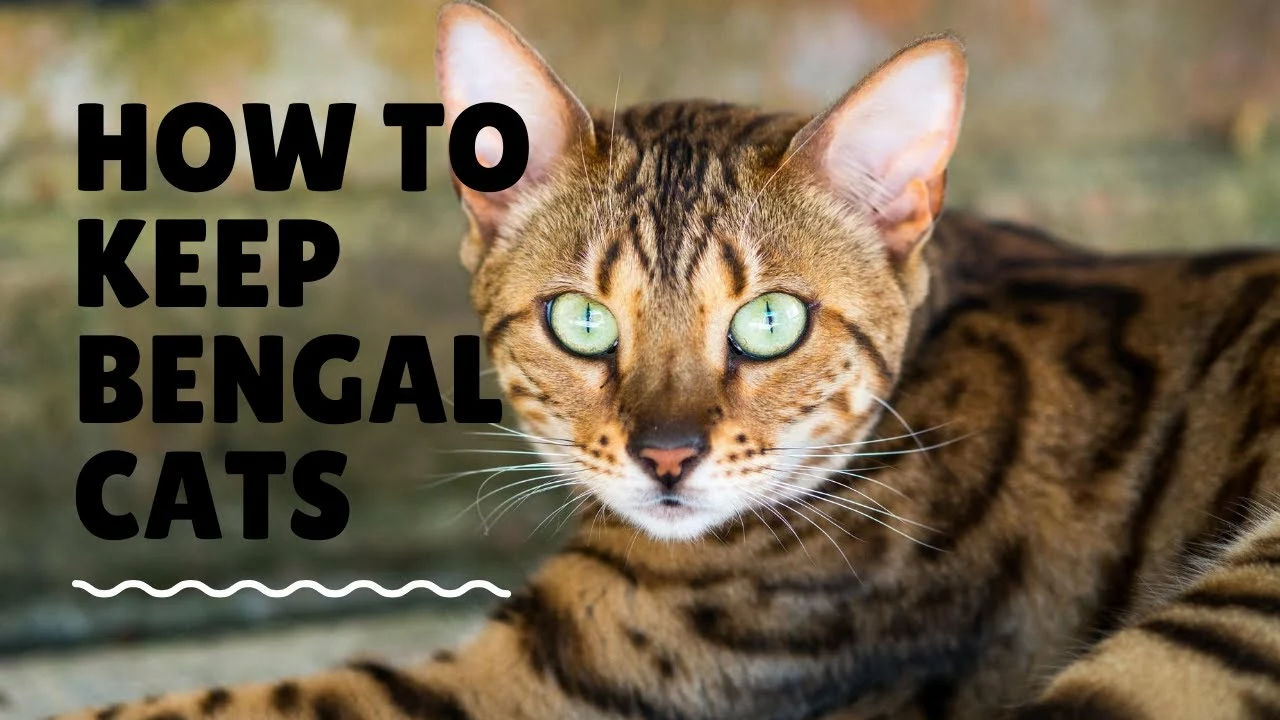Understanding the Lifespan of an Indian Cat
As a cat lover, one of the first things you want to know about your furry friend is how long they're going to be around. This question holds particular significance when it comes to Indian cats, as they are known for their distinct characteristics and captivating personalities. The lifespan of an Indian cat depends on various factors, including its breed, diet, lifestyle, and overall health. On average, a healthy Indian cat can live between 12 to 15 years. However, don't let this average fool you, as many Indian cats have been known to live well into their twenties!
Factors Affecting the Lifespan of an Indian Cat
Just like humans, the lifespan of cats, including Indian cats, is influenced by a multitude of factors. Genetics play a significant role, as certain breeds of Indian cats tend to have longer lifespans compared to others. Apart from genetics, diet and lifestyle also contribute significantly to the life expectancy of an Indian cat. A well-balanced diet, regular exercise, and routine veterinary check-ups can significantly extend a cat's lifespan. On the other hand, obesity, lack of exercise, and neglect can lead to various health issues that can shorten a cat's life.
Common Health Issues in Indian Cats
Indian cats are generally robust and healthy, but like all cats, they can be prone to certain health issues. These may include dental disease, obesity, heart disease, kidney disease, and certain types of cancer. Remember, early detection and treatment of these conditions can significantly improve your cat's quality of life and increase their lifespan. Regular vet visits and health check-ups are crucial in maintaining your cat's health and detecting any potential health issues early on.
Importance of Diet and Exercise
A balanced diet and regular exercise are vital for the health and longevity of Indian cats. Your cat's diet should include a good balance of proteins, carbohydrates, fats, vitamins, and minerals. Overfeeding and lack of exercise can lead to obesity in cats, which in turn can lead to various health issues. Regular play and exercise help keep your cat fit and active, reducing the risk of obesity and related health problems.
Role of Regular Veterinary Care
Regular veterinary care plays a crucial role in prolonging the lifespan of an Indian cat. Routine vet visits can help detect any potential health issues in their early stages, making them easier to treat. Regular vaccinations and preventive treatments are also essential in protecting your cat from various diseases and infections. Moreover, regular grooming, dental check-ups, and parasite control can also contribute to your cat's overall health and longevity.
The Impact of Environment on a Cat's Lifespan
The environment in which your cat lives can also significantly impact their lifespan. Cats living indoors typically live longer than those living outdoors. This is because indoor cats are less exposed to dangers such as accidents, predators, diseases, and harsh weather conditions. However, keeping your cat indoors doesn't mean they're completely safe from hazards. Ensuring a safe and stimulating environment for your cat indoors is equally important for their health and longevity.
